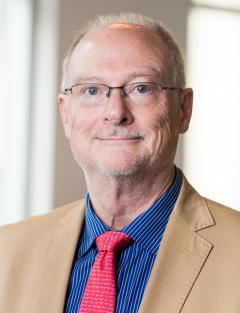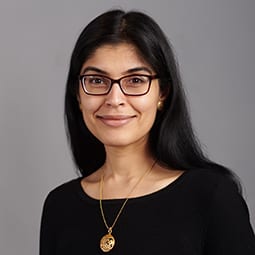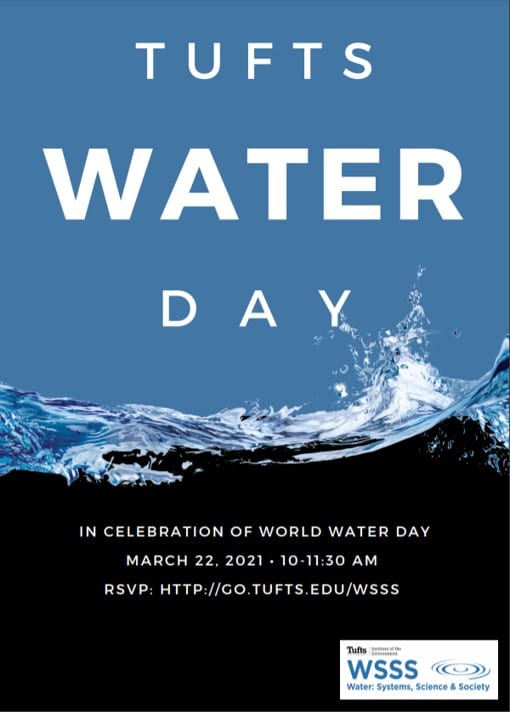Tufts Water Day 2021
Thursday, March, 4th, 2021
The Tufts Institute of the Environment’s Water: Systems, Science, and Society (WSSS) Graduate Students are pleased to announce Tufts Water Day 2021! We will be holding this virtual event on March 22nd on World Water Day from 10am-11:30am.
Click on this link to register for the event
Event Agenda:
10:00 – 10:10 Opening Introduction
10:10 – 10:35 Jeff Griffiths; impacts of nutrient pollution on human and environmental health
10:35 – 11:00 Scott Horsley; mitigation strategies for nutrient pollution
11:00 – 11:10 Student Presentation; practicum project and connections to nutrient pollution
11:10 – 11:30 Q&A
Event Description:
Nutrient pollution is threatening the world’s freshwater and marine resources. Eutrophication, caused by too many nutrients, can lead to destruction of habitats, loss of native species, and have significant impacts on aquatic industries. Moreover, eutrophication can cause the proliferation of harmful and even deadly pathogens which thrive in nutrient-saturated waters. Nutrients such as Nitrogen and Phosphorus are naturally occurring, but humans produce high amounts for use in agriculture, lawn care, and find their way to waterbodies through run-off and wastewater. As the world heads toward a future characterized by water scarcity and depleted natural resources, it is imperative to acknowledge and resolve the issue of over-nutrification.
Event Speakers:

Jeffrey Griffiths
Jeffrey Griffiths, MD, is a professor in the Tufts Medical School Department of Public Health and Community Medicine, an attending in the division of Geographic Medicine and Infectious Diseases, and an adjunct professor in the Department of Civil and Environmental Engineering. His work contributes to the area of infectious disease, especially those that are of great concern in the developing world. Dr. Griffiths continues to work in Africa and South America on multiple projects and leads the multi-disciplinary teams required to address complex health problems. In addition to his research, he is a well-recognized international leader advising on policies related to water, water-borne disease, and other environmental concerns.
Scott Horsley

 Erum Khalid Sattar: Moderator
Erum Khalid Sattar: Moderator
Erum Khalid Sattar received her Doctorate in Juridical Sciences (S.J.D.) from Harvard Law School in 2017, where her dissertation committee consisted of Professors Mark Tushnet, James Salzman (of UCLA and UC Santa Barbara) and Amartya Sen. The late Professor John Briscoe was also a member of her dissertation committee. Her doctoral research focused on issues of water federalism and trans-boundary water sharing in the Indus River Basin. Before Harvard, she qualified to become a Barrister-at-Law from The Honourable Society of Lincoln’s Inn, London. She is the past Editor-in-Chief of the Harvard Asia Quarterly, the journal of the Harvard Asia Center, and co-founded the Water Law Study Group at Harvard Law School.
Broadly, Erum studies the institutional architecture of national and international development, particularly as it relates to the development of water resources. Her research has explored British colonial-era water law and policy and its continuing effects in the Indus River Basin. Her current research is a comparison of the instrumental transformation of water law doctrine in 18th and 19th century America, the legal and institutional regimes created by the medieval-era Moors in Spain and their continuing effects in the American Southwest, and the colonial-era regime of water control created by the British in India. She is exploring these legal and institutional histories for their contemporary policy relevance at a time of growing weather and water stress with unprecedented impacts on ecosystems and the sustainable thriving of human societies.
Emily Riseberg and Elyssa Annesser are in the combined Bachelor/Master of Public Health program at Tufts. They are both concentrating in epidemiology and biostatistics and are completing their WSSS practicum experience with the New England Interstate Water Pollution Control Commission. For their practicum, they are applying wastewater-based epidemiology to develop methods for monitoring and predicting both asymptomatic and symptomatic COVID-19 cases on a community level. They are using data from Portland, Maine, New Haven, Connecticut, and the greater Boston area. Wastewater epidemiology has been used previously to monitor diseases, nutrient intake, and drug use. The results from their analyses will be presented to New England public health commissioners interested in implementing wastewater surveillance.
